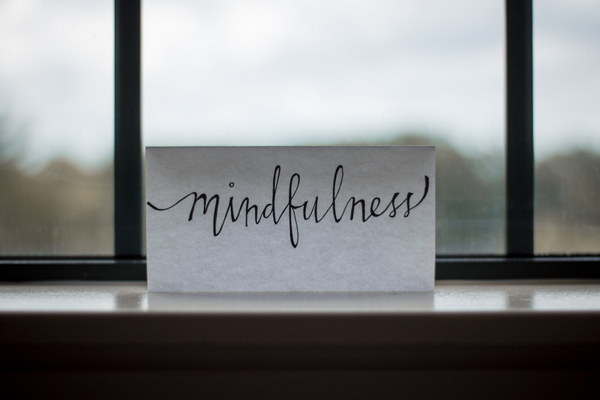Harmonize Your Body and Mind A Journey into Traditional Chinese Health and Wellness
In the realm of holistic health and wellness, traditional Chinese medicine (TCM) stands as a beacon of ancient wisdom, offering a unique approach to balancing the body and mind. Rooted in the belief that health is a result of the harmonious interaction between the physical, emotional, and spiritual aspects of an individual, TCM offers a wide array of practices and therapies to promote well-being. Let us embark on a journey into the world of TCM, exploring its key principles and how you can incorporate these age-old techniques into your daily life.
The Core Principles of TCM
1. Yin and Yang: TCM is grounded in the concept of Yin and Yang, the ancient Chinese philosophy of complementary forces that are always in motion and change. Achieving balance between Yin (cool, slow, passive) and Yang (hot, active, dynamic) is essential for maintaining health.
2. Qi: Qi, often translated as vital energy, is the fundamental substance that animates all living things. A balanced and flowing Qi is crucial for good health, while a blocked or imbalanced Qi can lead to illness.
3. Organ Systems: TCM divides the body into five organ systems—liver, heart, spleen, lung, and kidney—and believes that each system plays a vital role in maintaining overall health. Imbalances in any of these systems can lead to various diseases.
4. Meridians and Acupuncture: TCM posits that Qi flows through a network of pathways called meridians. Acupuncture, a key therapy in TCM, involves inserting fine needles into specific points along these meridians to restore balance and promote healing.
5. Diet and Nutrition: TCM emphasizes the importance of a balanced diet that suits an individual's unique constitution and health needs. Foods are categorized into five flavors—sour, bitter, sweet, spicy, and salty—and are believed to influence the body's organs in different ways.
Incorporating TCM into Your Daily Life
1. Acupuncture: Consider seeking the help of a licensed acupuncturist to address specific health concerns. Acupuncture can be beneficial for various conditions, such as chronic pain, stress, anxiety, and insomnia.
2. Chinese Herbs: Consult with a TCM practitioner to find the right herbal formula for your needs. Chinese herbs can support overall health, enhance energy levels, and alleviate symptoms of various diseases.
3. Tai Chi and Qigong: These ancient practices focus on cultivating Qi, improving balance, flexibility, and mental focus. Incorporating Tai Chi or Qigong into your daily routine can promote relaxation, reduce stress, and enhance well-being.
4. Diet and Nutrition: Tailor your diet to your personal constitution and health goals. Emphasize whole foods, and incorporate a variety of flavors and nutrients. Consider working with a TCM dietitian to develop a personalized meal plan.
5. Mindfulness and Meditation: TCM emphasizes the importance of mental and emotional balance. Practice mindfulness and meditation to cultivate a sense of inner peace, reduce stress, and promote overall well-being.

6. Regular Self-Reflection: Take time to reflect on your thoughts, feelings, and actions. Understanding your own needs and limitations is key to maintaining a balanced and healthy life.
In conclusion, traditional Chinese medicine offers a rich tapestry of practices and therapies that can help you achieve harmony between your body and mind. By embracing the core principles of TCM and incorporating its practices into your daily life, you can embark on a journey toward greater health, wellness, and happiness.









